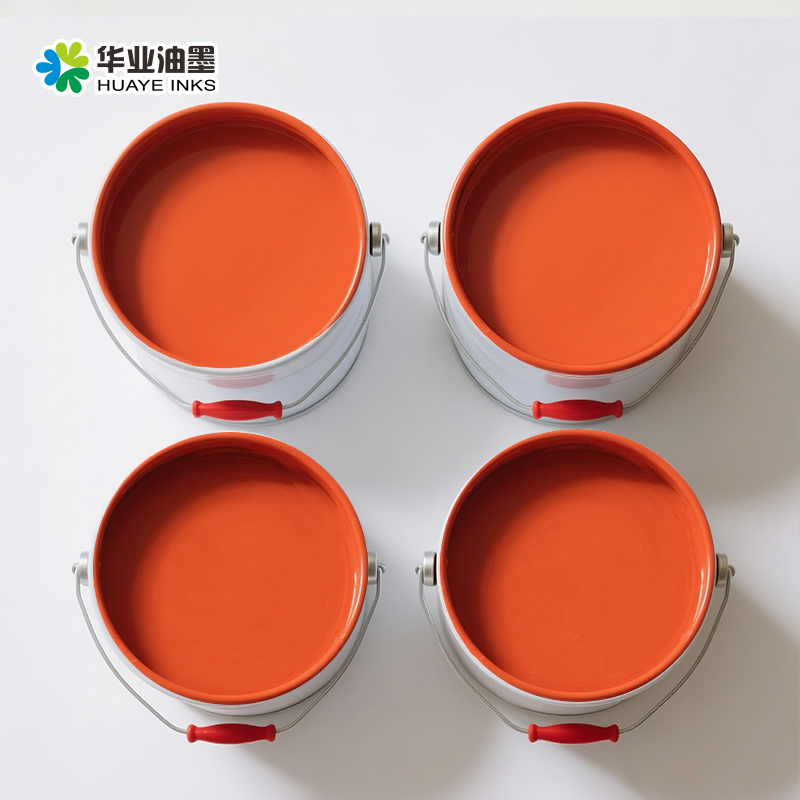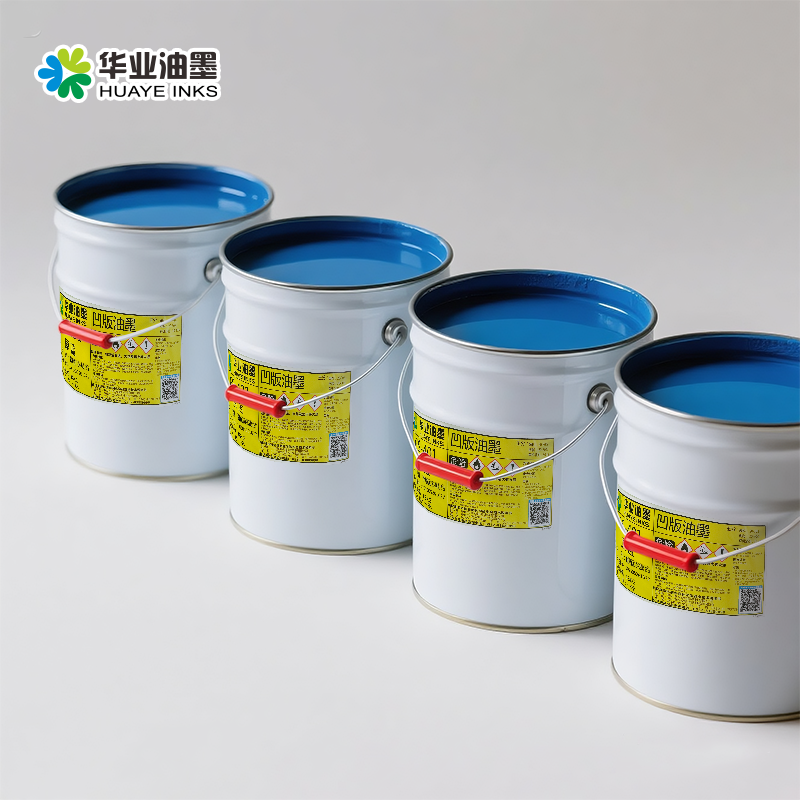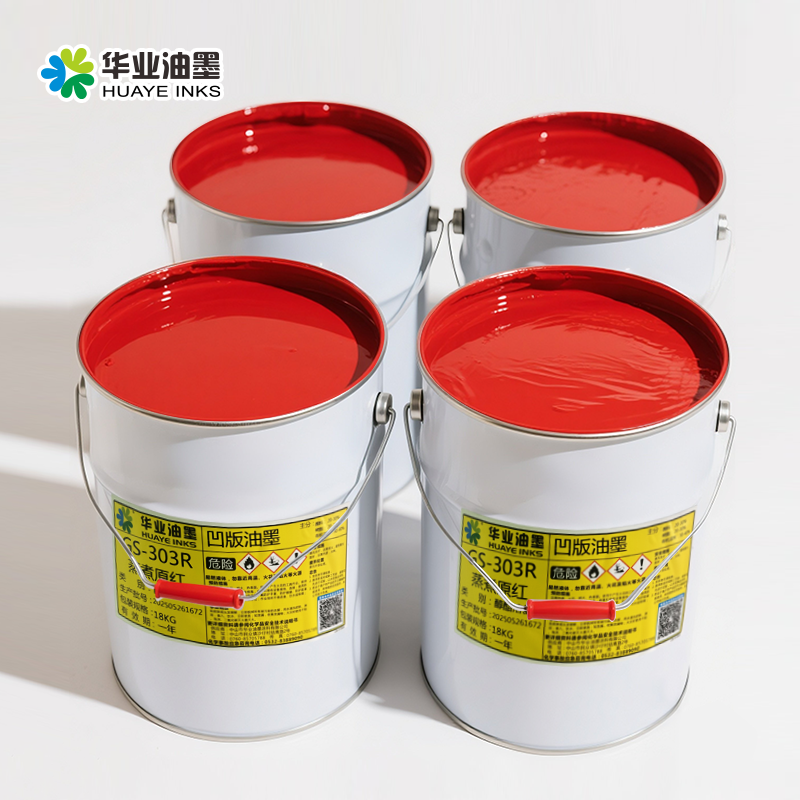No.2 Jieqing Road ,Shazai industrial Park, Minzhong Zhongshan City, Guangdong Province
Durable industrial ink is formulated to withstand the harsh conditions and rigorous demands of industrial environments, ensuring long - lasting and high - quality prints on various products and materials. In industries such as manufacturing, construction, and heavy equipment, products are often exposed to factors like abrasion, chemicals, moisture, extreme temperatures, and UV radiation, and durable industrial ink is designed to resist these elements. The key to the durability of these inks lies in their carefully selected components. High - quality pigments are used, which are not only chosen for their color strength but also for their excellent lightfastness and resistance to fading. These pigments are dispersed in a binder system that forms a tough, protective film on the substrate. The binders are typically made from durable polymers that have strong adhesion properties, ensuring that the ink adheres firmly to the surface and does not peel or flake off easily. Additives play a crucial role in enhancing the durability of industrial ink. Anti - abrasion additives are incorporated to increase the ink's resistance to scratches and wear, which is important for products that are frequently handled or transported. Chemical - resistant additives are used to protect the ink from degradation caused by exposure to various chemicals, such as solvents, acids, and alkalis. UV - stabilizers are added to prevent the ink from fading or degrading under sunlight, making it suitable for outdoor applications. Durable industrial ink is used in a wide variety of industrial applications. In the manufacturing of machinery and equipment, it is used for printing serial numbers, warning labels, and brand logos, which need to remain legible and intact throughout the product's lifespan. In the construction industry, it can be used for printing on building materials, such as concrete, metal, and wood, where the ink must withstand the elements and the rigors of construction activities. As industries strive for products with longer lifespans and better performance, the demand for durable industrial ink will continue to grow, driving further advancements in ink formulation and technology.


